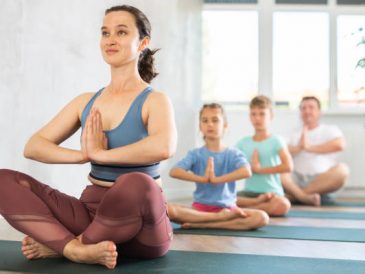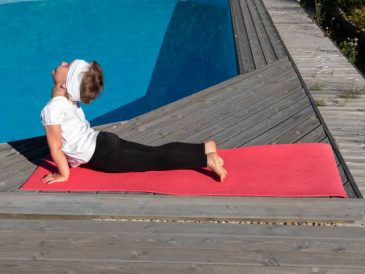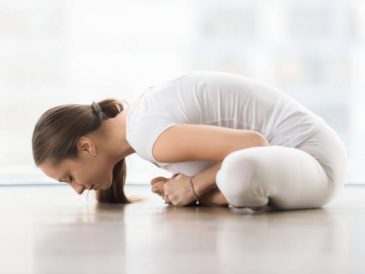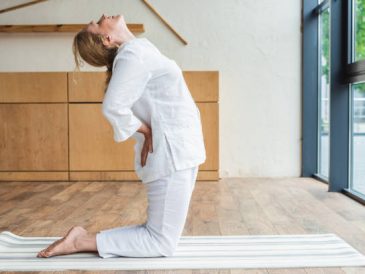New research by the University of South Australia shows that Yoga based on movement can improve mental health.
A world-first study conducted in partnership between the Federal University of Santa Maria, UNSW Sydney, Kings College London, and Western Sydney University found that people with mental disorders who practice movement-based Yoga have improved mental health. The benefits increased with their amount of yoga practice.
Jacinta Brindsley, PhD student at UniSA, says the findings are timely and welcome, given the social distance restrictions that limit exercise choices.
Brinsley: “We’re likely going to see more and more people feeling lonely and disconnected as self-isolation increases and they find themselves working at home, unable to physically connect with their family and friends.”
Exercise has always been an excellent strategy for those who struggle with these feelings, as it improves mood and health. As gyms, exercise classes, and even jogging in a group with a friend are no longer available, people are searching for alternative options. Yoga can be incredibly helpful.
Our research has shown that people with mental illnesses such as anxiety, post-traumatic distress, and major depressive disorder can benefit from movement-based Yoga. It’s good news for those who are struggling during uncertain times.
The study, published in the British Journal of Sports Medicine, examined 19 studies (1080 individuals) from six countries (US, India, Japan. China. Germany, and Sweden). Individuals had been diagnosed with a mental disorder, including depression or anxiety.
Researchers defined movement-based Yoga as any form of exercise where participants are physically engaged at least 50% of the time. This includes forms of Yoga that emphasize holding poses and alternating through sequences.
Around 450,000,000 people worldwide have mental illness. The World Health Organization reports that 1 in 4 people are affected by mental illness or neurological disorders at some stage in their life. Nearly half of Australian adults (18-85) have mental illness.
While the results of the study are encouraging, Assoc. Prof. Simon Rosenbaum believes that there is still much to be done.
Assoc Prof Rosenbaum explains that “despite their potential benefits, those most vulnerable within our community are less likely to be able to access exercise or yoga programs.”
Our results are significant and show that you do not have to run to reap the benefits of movement.




